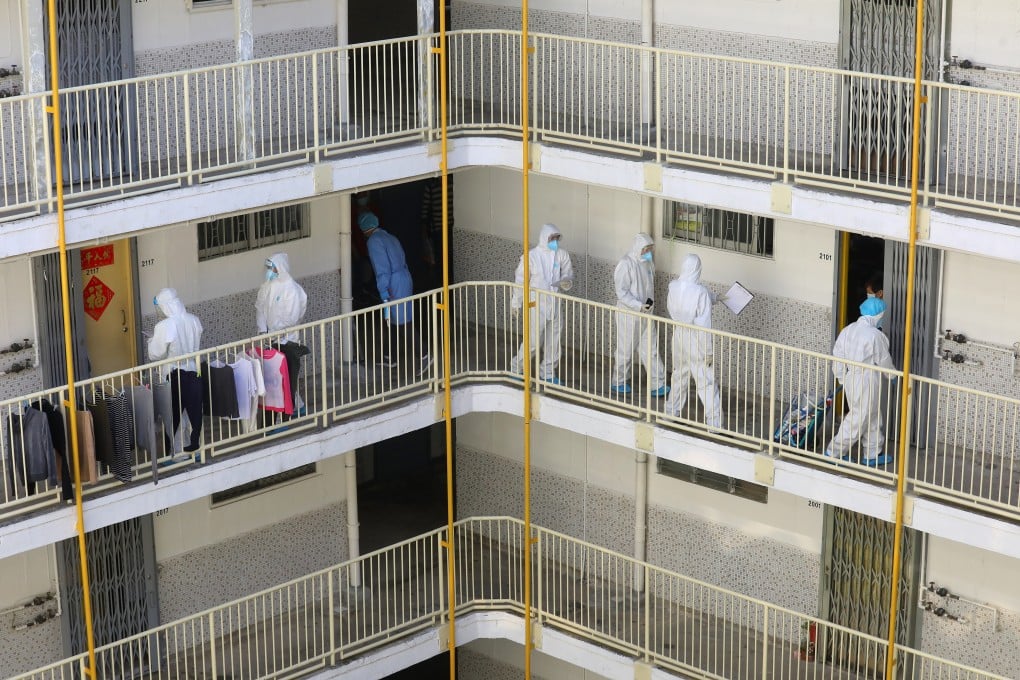Hong Kong Housing Authority plans to spend HK$619 million to fix pipes linked to spread of coronavirus at public housing estates in 2020
- Scheme approved on Monday at a meeting carried out by authority’s subsidised housing committee
- Project aims to improve vent pipe design to prevent transmission of Covid-19 through drainage systems

Hong Kong’s Housing Authority plans to spend HK$619 million (US$79 million) to fix problems with pipes at public housing estates which were linked to the spread of the coronavirus across several blocks in 2020.
The scheme was approved on Monday at a meeting carried out by the authority’s subsidised housing committee as a way to prevent the transmission of Covid-19 through drainage systems.
The city’s biggest provider of public housing launched a drainage pipe inspection programme on October 2020, visiting about half of its units, or about 460,000 homes as of February this year.
It found that vent pipes had been removed in 8.9 per cent of the inspected homes. The tubes were originally connected to solid waste pipes in the washrooms. Inspectors then sealed the opening of the connecting pipes, asking residents to reconnect the tubes at their own expense.
In February 2020, residents living on different floors of a Tsing Yi public housing block tested positive for Covid-19, prompting a partial evacuation of the building. Experts suspected that the virus had travelled between flats and through the pipes, after a vent pipe in one of the washrooms was found to be leaking.

During the same year in March, it was discovered that the virus had spread through faecal matter under the so-called “wake effect” of the wind at a public housing block in Tai Po.